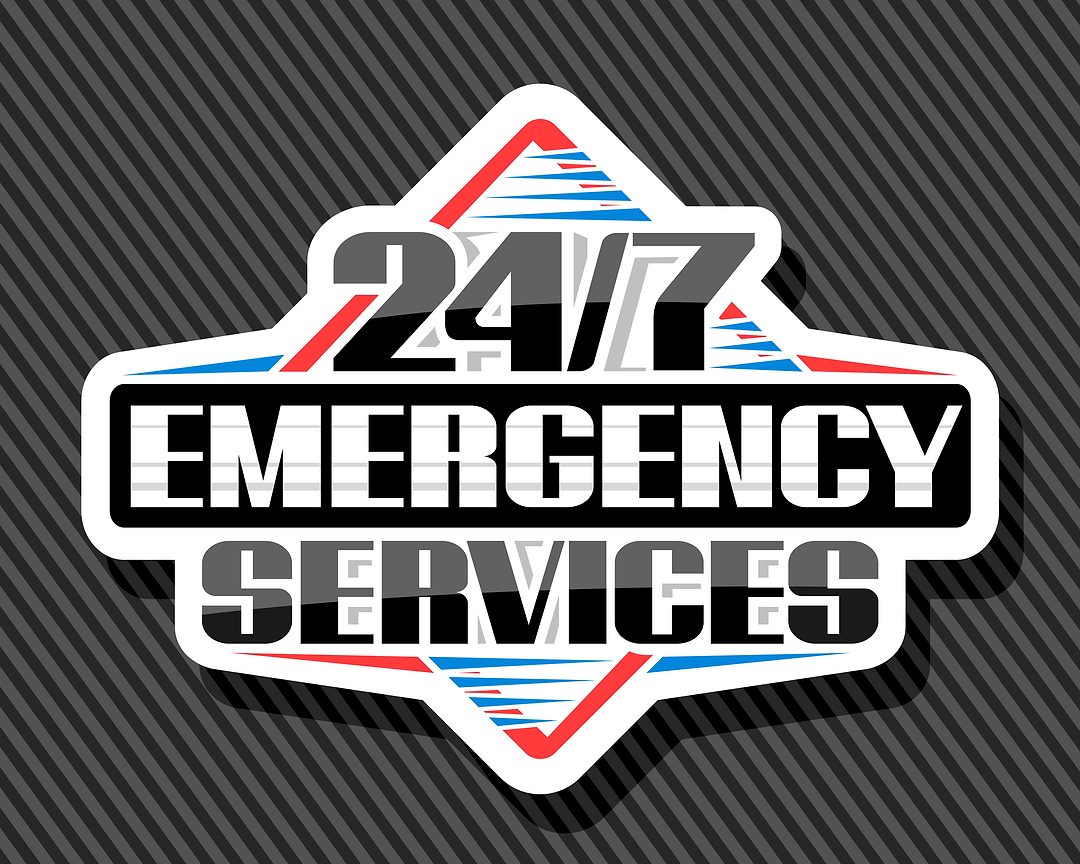Do You Extend Services 24/7/365 to Customers?
Teach your technicians, and yourselves, why providing after-hours and emergency services is the right thing to do for your customers.

“We’re a 24/7/365 business because we made a promise to our customers to treat them like family, and that means we’re there when they need us,” my dad said to my brothers and me as young boys.
We ran calls with my dad as little boys in the middle of the night. We loved it! My dad, not so much, as he had finally gotten to bed after an exhausting day of work.
As we grew up and took our place working in our family’s plumbing, heating, cooling and electrical business, that message was always at the forefront of our culture.
For example, my brothers and I were at my dad’s 70th birthday party. The technician on one of the late shifts reached out to me to say that he was stuck and couldn’t get the heat working at one of the nursing homes we served. Keep in mind that heat isn’t a nice idea, but a life-critical thing, especially in this case. So, my brother and I told my dad we were headed out to help, and he just smiled.
It’s a cultural thing.
And even though our shop was a New York City union shop, all the staff knew what our promise was when it came to providing service when needed and they, too, were committed to making our promise a reality.
This meant rotating shifts and not just on-call; everyone took a turn. We were truly a 24/7/365 shop. To be fair, we had grown to 25 techs, so we had shifts of:
7 a.m. to 4 p.m.
8 a.m. to 5 p.m.
10 a.m. to 7 p.m.
2 p.m. to 11 p.m.
And in the dead of winter, 5 p.m. to 2 a.m.
And techs on these rotating shifts didn’t just take off when it was super busy because their shift had technically ended — and not because they wanted the overtime. They believed in the good they were doing.
Yes, offering emergency service meant that sometimes I had to climb out of my bed at 2 a.m. to run calls!
That’s why this recent trend of contractors not offering service after 5 p.m., weekends, holidays or even emergency service has gotten my attention.
So, why the trend?
Homegrown technicians
Well, I believe it’s either to try keeping techs, who now feel they’re in control, at their companies or they don’t have any techs coming up the pipeline to staff the existing demand, let alone their growing demand, for the company’s services.
Either scenario is because contractors have not committed to building techs from scratch, so there is no technician pipeline to the business. This means they need to lure them away from competitors with big pay — and ending after-hours calls pretty much anytime for any reason.
I get it.
Decades ago, we, too, looked to pirate away technicians from our competitors. We felt it was just easier to do and, hey, we always had more work than we could do in a day. That is until we finally decided that this approach wrecked our culture and our pay scale and made us feel as if we were hostages. It’s what caused us to finally commit to building the operating manuals, the hands-on training center and the training curriculum for all the trades we did.
We had full-blown, never-ending apprentice to junior tech classes, junior tech to senior tech classes, and senior tech to field supervisor training. Was it a lot of work? Yes! Was it worth it? Yes!
Many of my clients (if not most) are today still providing after-hours and emergency services in this environment while still having big growth because they have committed to building willing people with no skills into willing techs with great skills.
They have done what I did at my company — the vast majority of their existing techs are homegrown talent. They grew up under this system and learned from other people they reported to why providing after-hours and emergency services is the right thing to do for their customers. No one ever forgets that what they do is so important.
Company of choice
I’ll share what I taught my clients’ techs when I did my Sales Power program: “Would you be OK if I didn’t respond to your mom when she called after hours, and there was water cascading from a pipe or a fixture on the third floor? Would you be OK if there were sparks flying all over? Would you be OK if there was no heat on a frigid night? Or would you be OK if there was no air conditioning in the extreme heat?”
Those who have already cut out after-hours and emergency services (or those who are contemplating doing so) may not see profits decrease. They might even make money and the techs will be happier.
Hey, who wouldn’t be happier without the hassle of after-hours and emergency service?
The bigger question is, will your customers be very happy? As the marketplace tends to catch on to what you’re doing and not doing, are you willing to risk customers’ anger and disappointment? And, of course, these days, that negativity spreads like wildfire online and on social media. Remember, no actions remain secret for long!
My belief is, at least my hope is, that as things return to what used to be more normal, we will be back to providing after-hours and emergency services. For those companies who are committed to this path, I believe you will be the company of choice.





